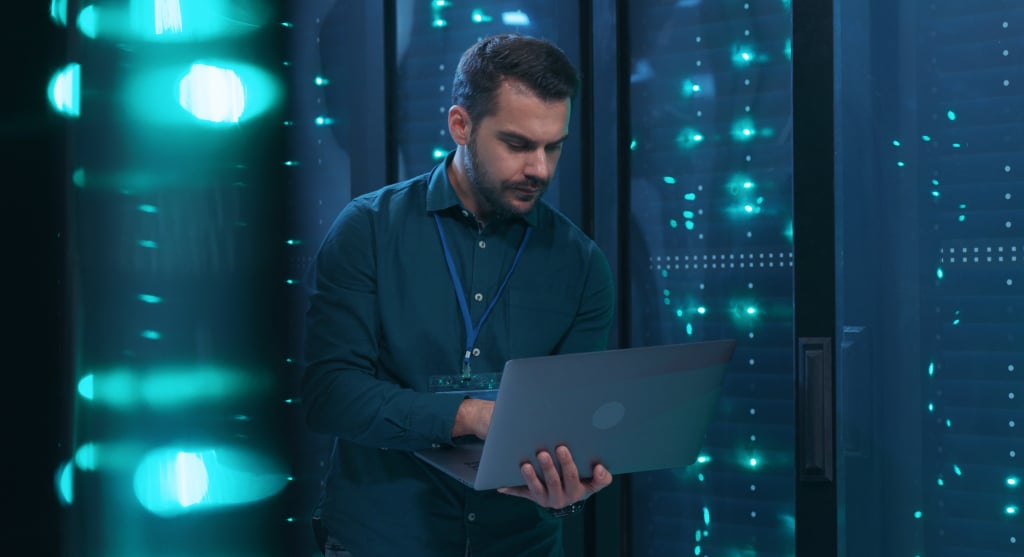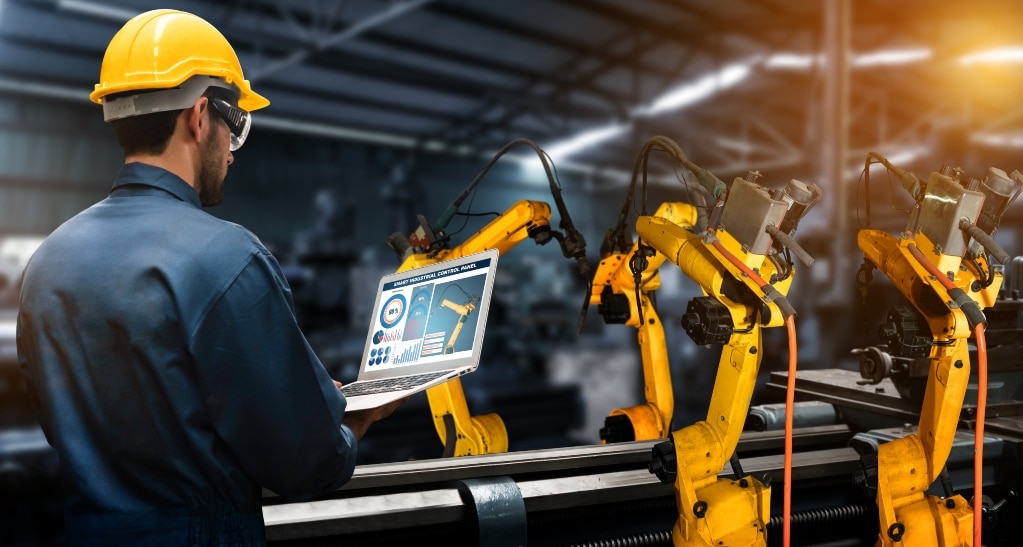Aspects that are trending in Industry 4.0 in 2021
Artificial intelligence Artificial Intelligence and machine learning are driving innovations in all industries and functional areas. Specific AI hardware and new algorithms are being developed to optimize existing systems and propose new ones for manufacturing. Factories are beginning to integrate AI into their production systems and processes. Advanced AI makes it possible to perform predictive maintenance, cognitive computing, swarm intelligence, context-aware computing, intelligent machines, hardware accelerators, and generative design.
Advanced robotics
The most prominent robotic technologies impacting manufacturing include autonomous robots, collaborative robots (cobots), collaborative autonomous mobile robots, humanoids, mobile robots, cloud robotics, APIs, pick and place robots, and robot swarms. The use of robots offers greater precision and agility while enhancing the ability to rapidly develop customizable robots.Additive manufacturing
Additive manufacturing, which began as a prototyping technique, is revolutionizing and decentralizing production. Advances in materials science and techniques allow easier fabrication of intricate structures and complex components. Additive manufacturing is making highly customizable and sustainable cloud-based production a reality.Digital twin
Digital twin technology creates virtual models of industrial assets by combining dynamic real-time sensing and visualization data. Some of the promising use cases for digital twins include model-based design, virtual prototyping, virtual system validation, performance optimization, and evolutionary design. The use of digital cufflinks is driving Industry 4.0 manufacturing towards hyper-automation and they provide very important information on all steps of the manufacturing process.Cybersecurity, transparency and privacy
The flow of information through connectivity in Industry 4.0 is raising concerns about security, transparency and privacy. Sensitive industrial data transmission and processing must be done securely to prevent cyber attacks on critical industrial facilities. Digital ethics and privacy, privacy enhancing technologies, self-adaptive security, end-to-end communications security, and the blockchain are some of the new developments on this front. The focus on cybersecurity must be balanced with transparency and privacy.









